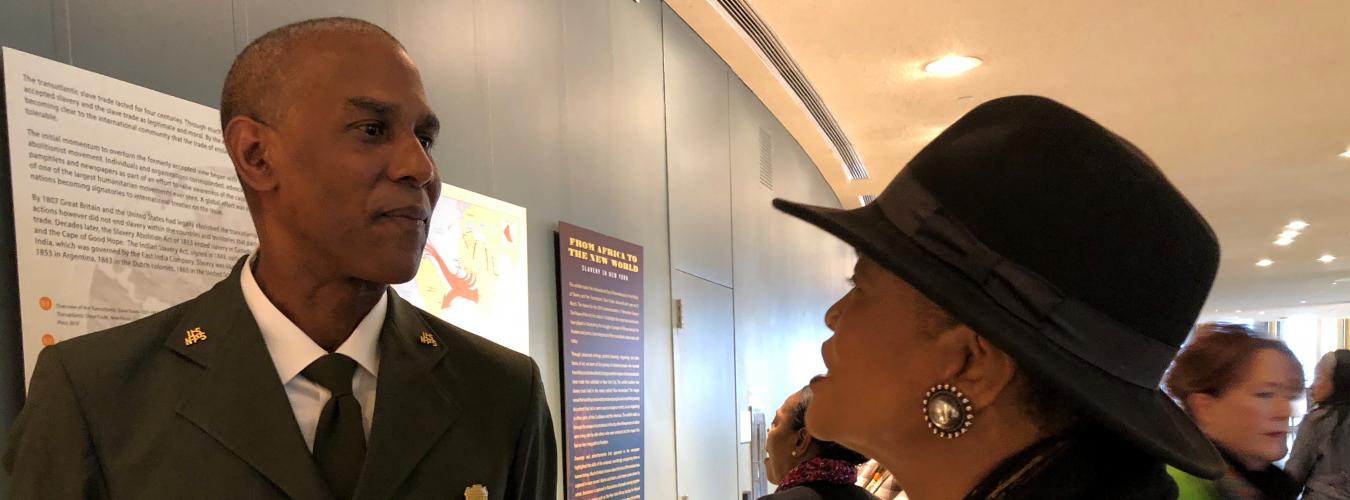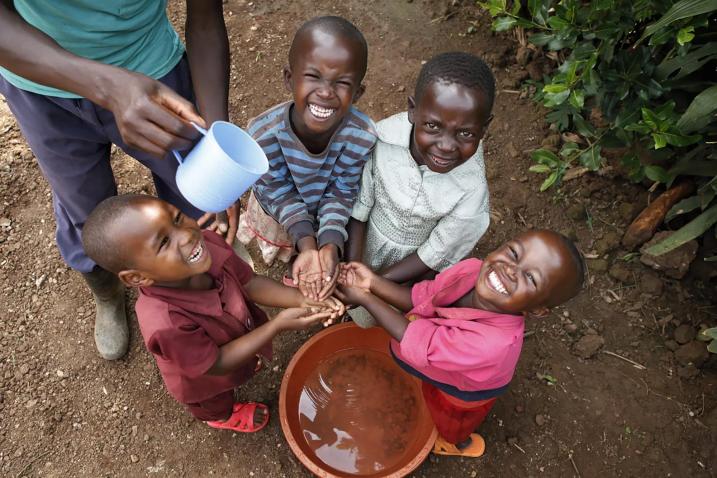
The exhibit, "Us and Them: From Racism to Prejudice" was on display at UN HQ New York to mark the 2020 International Day of Remembrance of the Victims of Slavery and the Transatlantic Slave Trade. Credit: Catharine Smith
test body


test body

Children and young people are more connected than ever, unlocking new ways to learn, communicate, and express themselves online. Yet these opportunities come with growing dangers—from cyberbullying and disinformation to sexual exploitation and trafficking. As digital threats intensify, protecting young users has become a global priority. The UN and its specialized agencies are doing their part to help protect children online. Learn more in Child and Youth Safety Online.
Video message by António Guterres, Secretary-General of the United Nations, on New Year's Day 2026.

Declared a human right by the United Nations in 2010, clean water and sanitation are essential for life, health, and dignity. Yet over 2 billion people lack safe drinking water, and nearly half the world lives without safely managed sanitation services. Climate change, pollution, and scarcity are pushing this lifeline to the brink. UN-Water is calling for urgent global action. Improving access to water, sanitation, and hygiene could save 1.4 million lives every year. Water is life. Without it, there is no future.